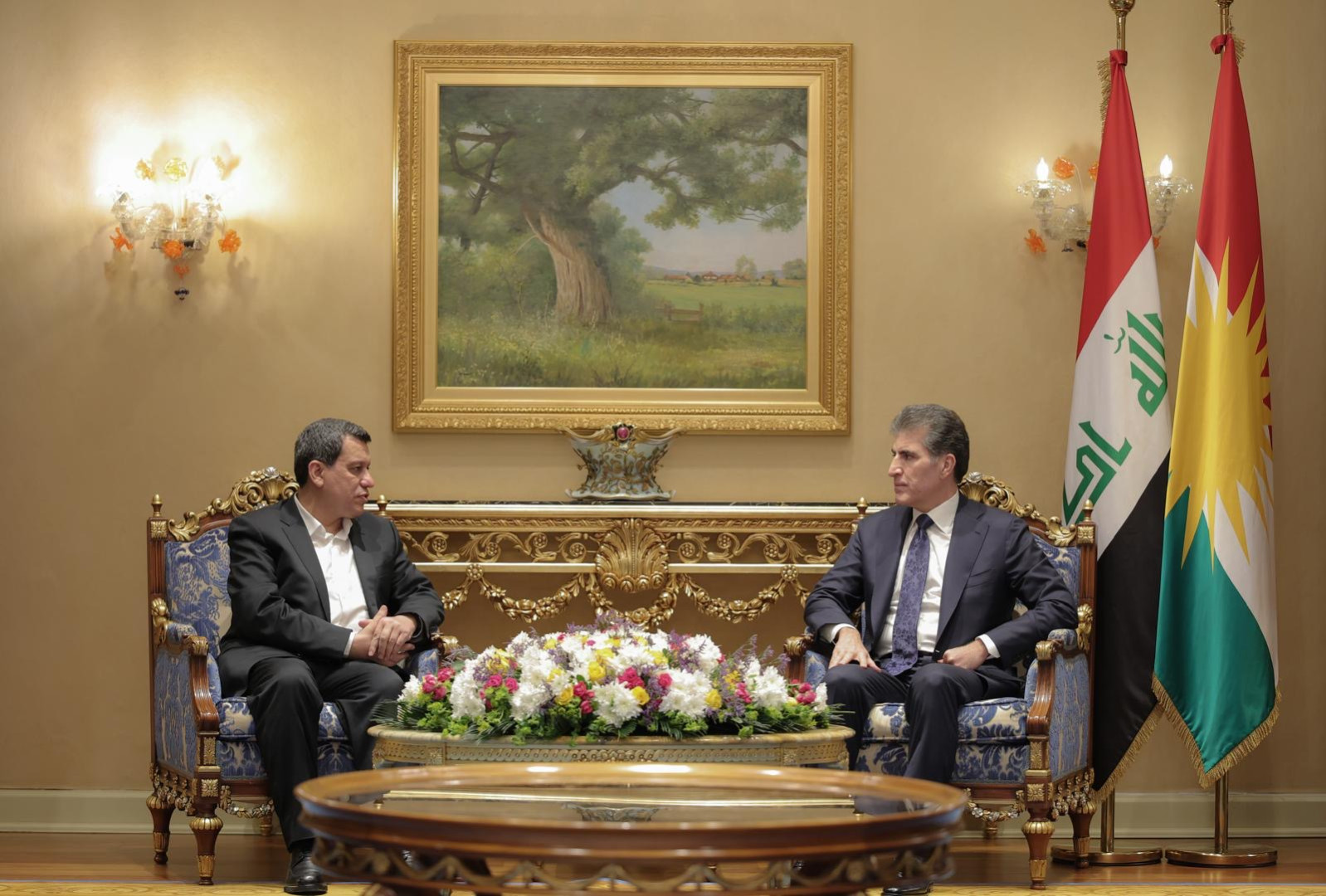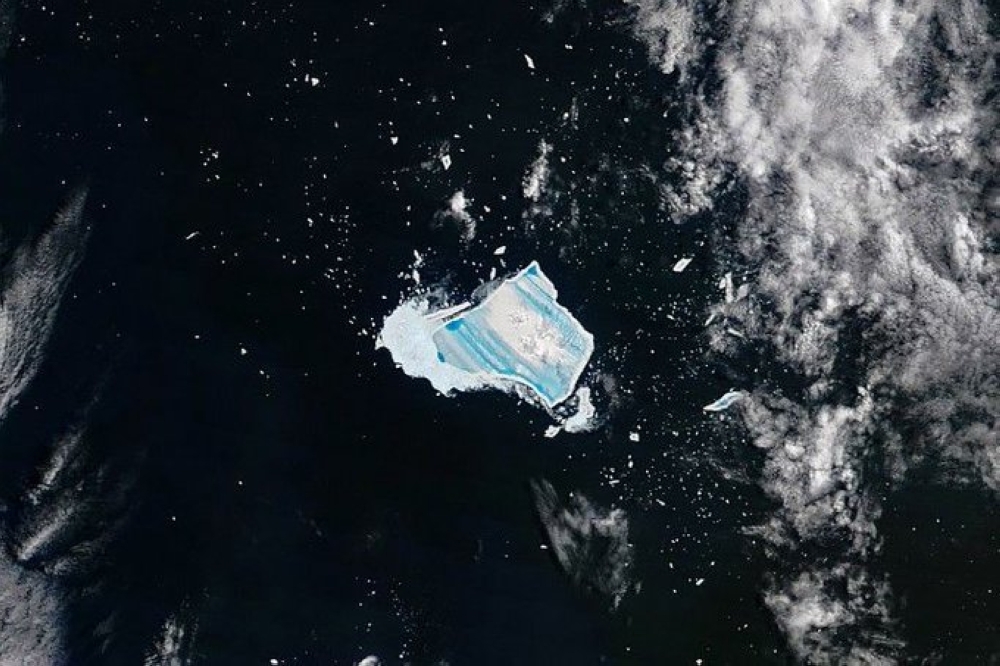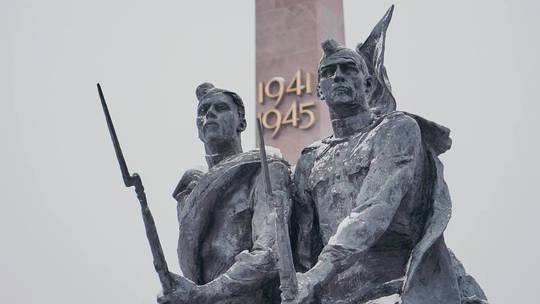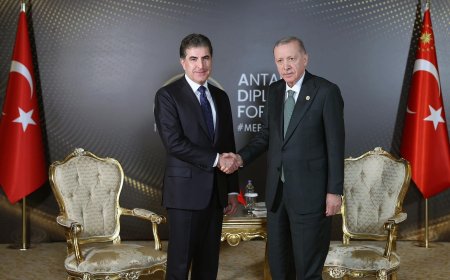Iraq and the League of Nations
Michael EJ Phillips / Lecturer in the Department of French at Salahaddin University

This Friday is Iraqi National Day, which commemorates independence being granted from the United Kingdom in 1932. The following will outline the broad general background to Iraq and her relationship with the League of Nations and certain events in the lead-up up to 3 October 1932.
To start with, there were several different outcomes of the First World War, not least as a result of the Paris Peace Conference and specifically the Treaty of Versailles among others. The League of Nations came into being on 10 January 1920 with the stated aim of maintaining world peace. Its primary means of doing so would be through arbitration and negotiation in order to resolve disputes between member states and led to President Woodrow Wilson being awarded the Nobel Peace Prize. Having started with such lofty ambitions, it is generally accepted that it ultimately failed in its mission, mainly because the United States never joined. With Japan and Germany leaving in 1933, Italy left in 1937, Spain in 1939 and the Soviet Union being expelled the same year after having only been a member for five years, it had failed in its primary objective of preventing another world war.
Iraq was the first country to join under Article 22 of the Covenant of the League, which concerned those colonies and territories who had ceased to be under the sovereignty of those states who had formally governed them but were considered unable to “stand by themselves under the strenuous conditions of the modern world.” As such, the tutelage of their peoples would be given to “advanced nations who by reason of their resources, their experience or their geographical position can best undertake this responsibility.” This means that such nations would assume the role of a Mandatory power on behalf of the League. In the case of Iraq, the collapse of the Ottoman Empire thus qualified them for membership; it had fulfilled certain general conditions of membership namely achievement of statehood and international recognition, the existence of an independent government capable of conducting and managing state affairs in an orderly manner while preserving its unity, independence and nationwide security. It was also required to demonstrate that it could meet its government expenditures, had laws in place, fixed borders and pledged to respect its international obligations. The League of Nations mandate for Mesopotamia (broadly speaking the territory of present-day Iraq) fell under the San Remo Resolution, which passed on 25 April 1920, and the draft mandate for Mesopotamia and Palestine being submitted for the approval of the League of Nations on 7 December 1920.
While the proposed mandate covered the creation of the territory of Mesopotamia, it was never ratified due to nationwide revolts against British rule in the summer of 1920. There was concern among certain elements of the Iraqi population that Iraq would be incorporated into the British Empire, and also dissatisfaction with land ownership laws and taxes. The revolts were eventually suppressed but at great cost to the British: at £40 million or more, it was twice the amount of the annual budget allocated for Iraq. This led to the need for a re-evaluation of British strategy in and approach towards Iraq as well as the immediate region; the Colonial Secretary, Winston Churchill decided therefore to convene the Cairo Conference of March 1921, with significant influence exerted by TE Lawrence. The main outcome was that delegates decided to implement the Sharifian Solution, whereby the three younger sons of Hussein bin Ali al-Hashimi, King of Hejaz and Sharif of Mecca, would be installed as heads of state in the newly created countries across the Middle East and his oldest son be his successor in Hejaz. It came to pass that circumstances worked out slightly differently. Faisal, the third son, having been removed by France from Syria in July 1920, eventually became King of Iraq after many meetings and long discussions in the United Kingdom. He arrived at Basra on 23 June 1921 and was crowned on 23 August 1921.
Because Iraq was an entirely new entity – and depending on point of view, according to some, possibly an entirely artificial one – created out of the former Ottoman provinces of Basra, Mosul and Baghdad. An Ottoman province, or ‘vilayet’, was usually named after its capital or principal city, so Basra meant in practice the area of southern Iraq. This meant that no real ‘Iraqi’ national identity or nationalistic sentiment existed at the time; on his coronation, God Save the King was played as no Iraqi national anthem was in place until 1932.
Why was Faisal chosen to be king, legitimised in a plebiscite with 96% voting in favour? The British saw him as someone with decent Islamic and nationalistic credentials which would give him sufficient legitimacy in the eyes of the people, but also as someone who was vulnerable enough to remain dependent on them for support. As anti-British elements within Iraq were putting him under pressure as mentioned above, he therefore pursued a moderate approach in dealing with London. The terms of the 1922 Anglo-Iraqi Treaty meant that Iraq was effectively dependent on the United Kingdom both politically and economically.
The subsequent Anglo-Iraqi Treaty of 1930 provided for much closer alliance between the two countries including the use of air bases, transport facilities and the like by the British and drew on changes following the discovery of oil in 1927. The main aim of the treaty was to safeguard British commercial and military rights within Iraq post-independence and their accession to membership of the League of Nations at a meeting held in Geneva on 3 October 1932. Faisal remained monarch of the newly-independent Iraq until 8 September 1933 when he died of a heart attack – his eldest son Ghazi succeeding him followed by his own son, Faisal II, until the revolution of 14 July 1958 and the declaration of the Iraqi Republic.




















































